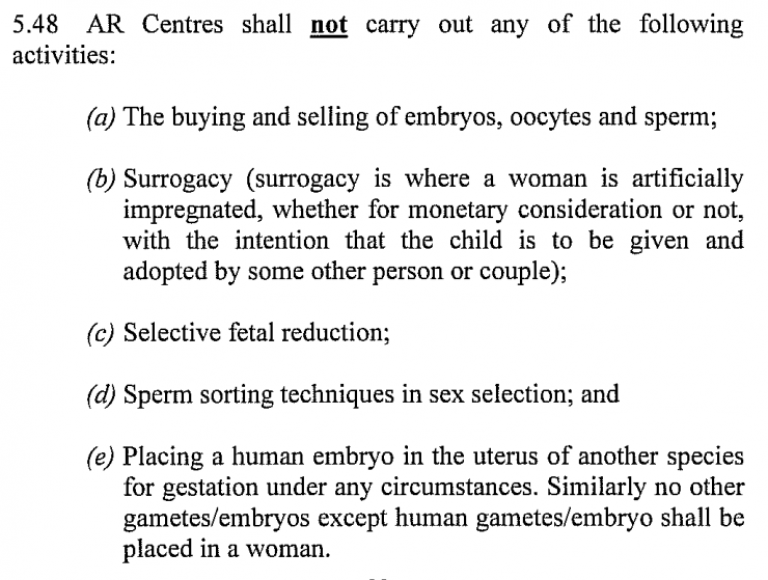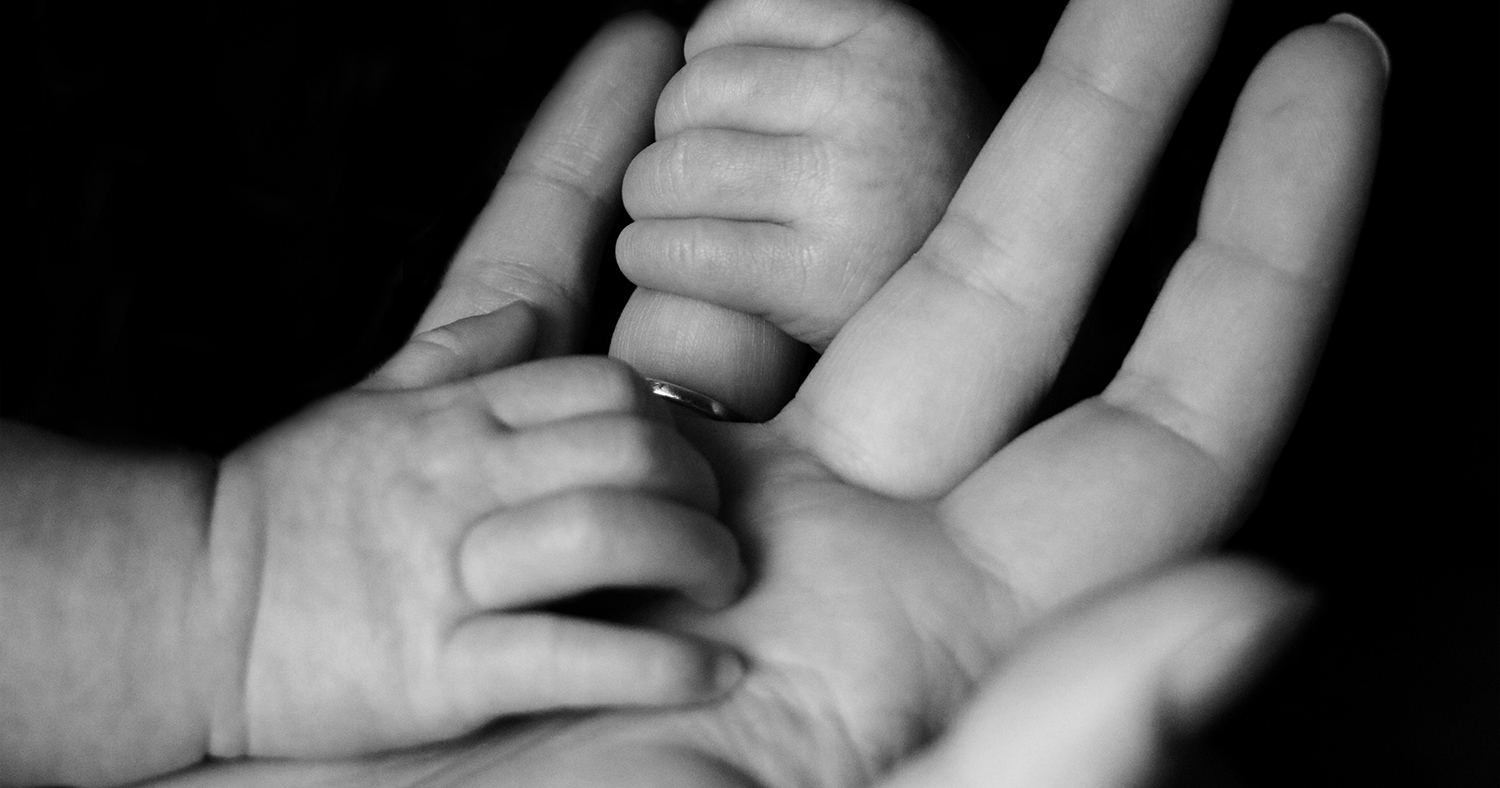Following a Singaporean gay man's successful adoption of his own surrogate child, the issue of surrogacy is back again in the spotlight.
As recently as on Monday, Jan. 14, Minister for Social and Family development Desmond Lee tackled it head-on in Parliament, stating the government's unchanged stance opposing same-sex family units, surrogacy and child adoptions.
For the confused, here's a quick explainer on surrogacy in Singapore and our government's take on it.
1. What is surrogacy?
Also called womb-for-rent, surrogacy is an arrangement where a female is artificially impregnated, carries a child to term, and gives birth for another person or persons. In commercial surrogacy, the female carrier is paid for her services.
2. Who is surrogacy for?
Surrogacy is normally sought by couples who have difficulty having children on their own — although some in other countries choose to do so even if they are able to. And of course, some gay men also turn to surrogacy as a way to have their own children.
3. Is surrogacy illegal in Singapore?
In short, pretty much yes. There are no laws in Singapore that prohibit surrogacy per se, but the Ministry of Health (MOH) has guidelines that prohibit assisted-reproduction clinics from carrying out the procedure here.
 Screenshot via MOH licensing requirements for Private Hospitals and Medical Clinics.
Screenshot via MOH licensing requirements for Private Hospitals and Medical Clinics.
Minister Lee said on Monday that Singapore has been studying the issue of commercial surrogacy carefully because of the "ethical, social, health and legal implications for all parties involved".
4. Is surrogacy OK?
Surrogacy is one option to have children for women who would face significant danger to their health if they got pregnant or for people where pregnancy is medically impossible.
However, there are issues that arise from commercial surrogacy: the exploitation of women and the commodification of children.
For instance, stories have emerged of low-income women being exploited for cash, as well as ethical dilemmas that arise when a surrogate child is found to have congenital disorders.
A United Nations human rights expert also cautioned last year that children face the risk of becoming commodified as surrogacy becomes more prevalent.
These aren't issues that can be easily settled, and in the face of complications and pitfalls arising from surrogacy, many countries are choosing to ban it outright instead.
5. Can I bring back my surrogate child from overseas?
You can, actually.
There are no restrictions on Singaporean couples engaging surrogacy services in order to have children overseas.
Commercial surrogacy can be done in countries like Georgia, Ukraine, and Russia — indeed in the U.S. too.
Canada, Denmark, New Zealand, the UK and some parts of Australia banned commercial surrogacy but allow altruistic surrogacy.
However, having Singapore acknowledge your surrogate child is a little more tedious as you will have to apply to legally adopt him or her. This is important because then you'll be recognised as the child's guardian in the eyes of the law.
Additionally, adoption will serve to severe the legal ties with the child's biological carrier (the surrogate mother).
This isn't to say that a parent cannot care for his or her surrogate child without adoption. All parents in Singapore have parental rights and responsibility towards maintaining their children.
However, being a child's legal parent affords rights specific to a parent-child relationship like inheritance and maintenance of parents.
Adoption process takes very long
Adoption is a lengthy process that can stretch up to nine months beginning with the adoption application and ending with the approval from the Family Court.
You will need to attend a Pre-Adoption Briefing and let MSF conduct a Home Study Report (which costs S$1,500) in order to determine if you are fit to adopt.
According to Lee, parents who went overseas for surrogacy and came back and applied for adoption of their surrogate children will have their applications assessed on a case-by-case basis.
Lee added that prior to the adoption case by the Singaporean gay man, the Courts had granted adoption of 10 children born abroad as a result of overseas surrogacy. All 10 cases were made by married couples applying to jointly adopt their own biological children.
MSF said recently that it will consider if relevant policies and legislation need to be reviewed and further strengthened.
Lee also clarified that adoption of your own biological surrogate child does not guarantee benefits and privileges such as citizenship, housing, and education.
If you like what you read, follow us on Facebook, Instagram, Twitter and Telegram to get the latest updates.
